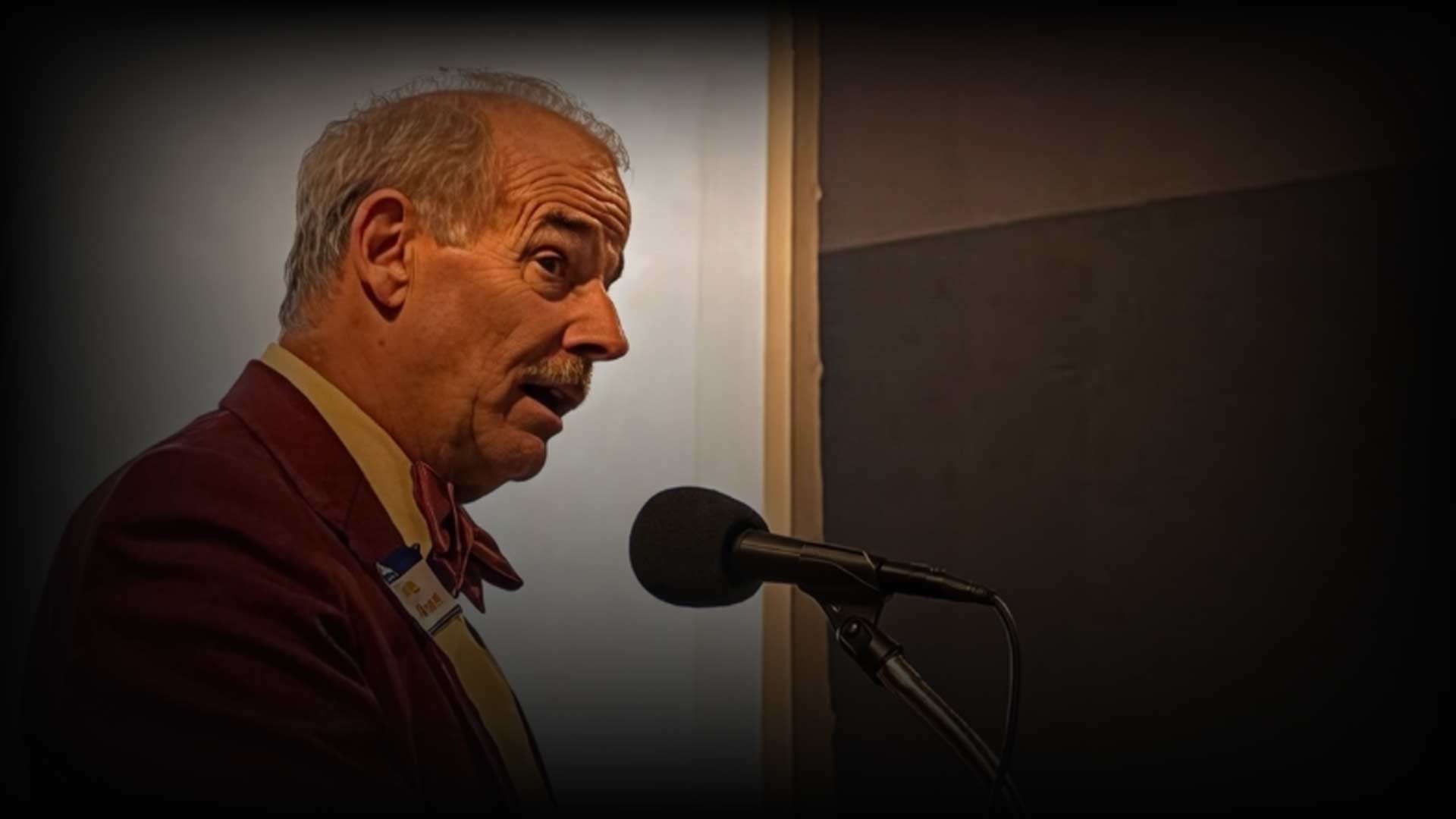
Alaska Supreme Court Justice Craig Stowers, the only sitting member of Alaska high court who consistently upheld pro-life laws, will step down June 1. He was the sole dissenting opinion in several high-profile cases dealing with abortion.
Most recently he broke with the majority in a 2019 ruling that struck down a law which explicitly limited state Medicaid funding to only those abortions deemed “medically necessary.”
Stowers said his colleagues on the high court had to go to “great lengths in construing the statute and regulation to ensure that the conclusion of unconstitutionality is inevitable.”
In 2016 he was again the only judge to dissent to a ruling that struck down a voter-approved law requiring at least one parent to be notified before an abortionist could perform an abortion on a minor girl. In his dissent Stowers noted that the parental consent law had “One obvious purpose” and that was “to provide the minor’s parents the opportunity to discuss with their daughter the potential effects of and alternatives to abortion.”
Stowers’ retirement is sure to reignite controversy over how Alaska selects its judges.
By striking down the parental notification law Stowers said the court indicated that “no parental notification law recognizing parents’ fundamental legal rights to notification of, much less meaningful involvement in, their minor daughters’ decisions to have abortions will be upheld by this court under its strained jurisprudence…”
Stowers upcoming retirement was announced in a Jan. 3 letter from the Alaska Bar Association to its membership. Stowers was appointed to the Supreme Court by Gov. Sean Parnell in 2009. He was one of seven candidates which the Alaska Judicial Council forwarded to Parnell to choose from.
Stowers’ retirement is sure to reignite controversy over how Alaska selects its judges. Last year conflict around the process arose when Governor Mike Dunleavy initially refused to appoint a Superior Court judge from the narrow list of names submitted to him by the Alaska Judicial Council. The governor’s request for more names was denied and he ended up having to appoint a judge from the original list.
According to Alaska’s Constitution, the governor can only pick judges from a list of at least two nominees submitted by the Alaska Judicial Council, a constitutional body consisting of seven members. Three of these are appointed by the governor and confirmed by the Alaska Legislature. An additional three are appointed by the Alaska Bar Association. Those attorneys, however, are not required to be confirmed by the Legislature. The Chief Justice of Alaska’s Supreme Court is the seventh member.
The governor’s power to appoint judges, is severely restricted by the limited list of nominees sent to him for consideration.
After being appointed, judges are subject to periodic retention elections in order to stay in office. These occur every 10 years in the case of Supreme Court justices. Besides that, the public has no say over who sits on the courts. Alaska’s Constitutional Convention delegates rejected the option of electing judges as is practiced in several other states.
The governor’s power to appoint judges, is severely restricted by the limited list of nominees sent to him for consideration. It is a common belief that the Alaska Bar Association, which provides three of the Judicial Council members, is significantly to the left of Alaska’s general population and that this is reflected in the nominees and ultimately in the composition of Alaska’s courts, especially the Supreme Court.
All qualified Alaska attorneys are now invited to apply to fill the pending vacancy on the Supreme Court. For more information, contact the Judicial Council at 279-2526, or email at sdipietro@ajc.state.ak.us. Application forms are available at the Alaska Judicial Council website. Applications must be received no later than Feb. 14.
CONTACT INFO
Click here to contact the current members of Judicial Council.
Click here to submit Comments on judicial applicants or the selection process.







